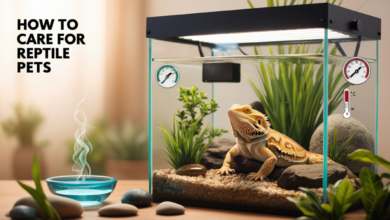11 Pet Care Tips
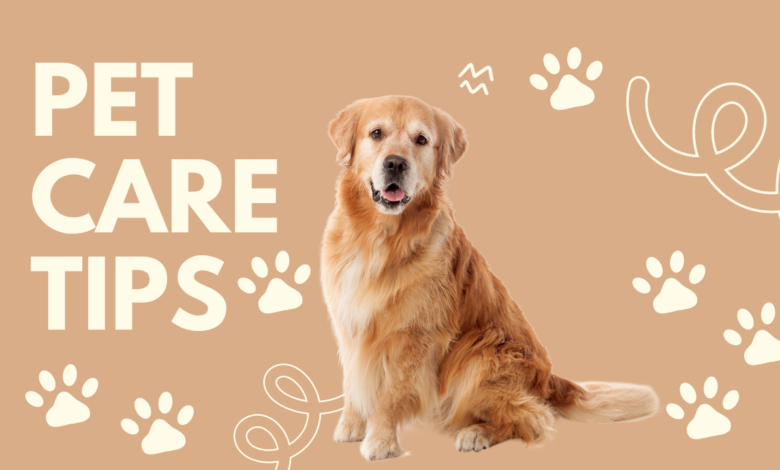
11 Pet Care Tips
Caring for a pet is a rewarding experience, but it also comes with great responsibility. To ensure your furry friend lives a happy, healthy, and fulfilling life, following certain pet care practices is essential. Whether you’re a new pet owner or have years of experience, these ten tips will help you provide the best care for your pet.
1. Proper Nutrition:

Proper nutrition is the foundation of good pet care. A well-balanced diet ensures that your pet gets the essential nutrients needed to maintain its health.
- Balanced Diet:
Ensure your pet’s diet includes the right balance of proteins, carbohydrates, fats, vitamins, and minerals. Different pets have different dietary needs, so choosing food appropriate for their species, age, and size is essential. - Right Portions:
Overfeeding can lead to obesity and related health issues. Follow the feeding guidelines on pet food labels or consult your vet to determine the right portion size for your pet. - Fresh Water:
Always provide your pet access to clean, fresh water. Dehydration can lead to serious health problems, so make sure your pet stays hydrated throughout the day.
2. Regular Exercise:

Exercise is crucial for your pet’s physical and mental well-being. It helps maintain a healthy weight, strengthens muscles, and prevents boredom.
- Daily Walks:
Daily walks are essential for dogs. They provide physical exercise and mental stimulation through exposure to different environments and scents. - Playtime:
Play is essential for all pets. Engage your pet with toys, games, or simple activities like fetching to keep them active and happy. - Mental Stimulation:
Puzzles, interactive toys, and training sessions can help stimulate your pet’s mind, preventing boredom and promoting good behavior.
3. Routine Vet Visits:
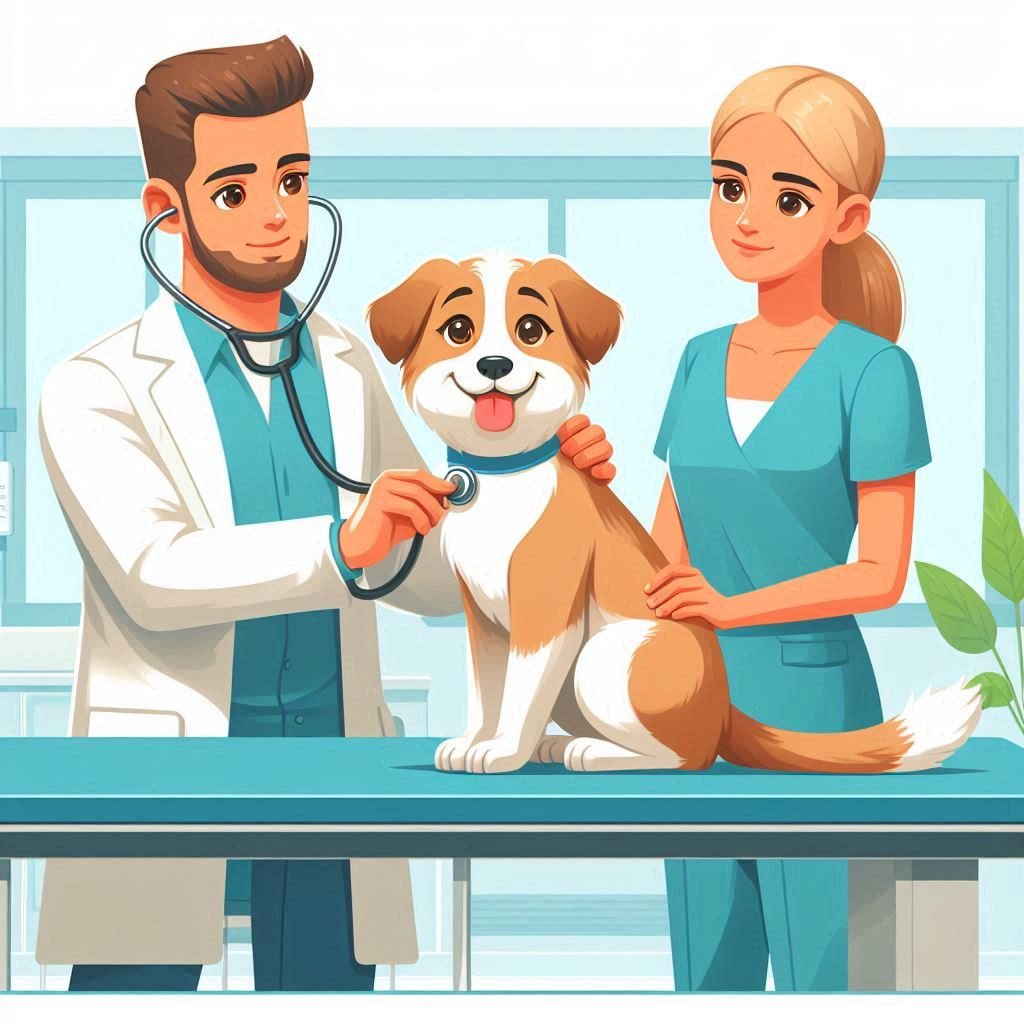
Regular veterinary checkups are vital for maintaining your pet’s health. Vets can detect early signs of illness and provide necessary treatments to prevent severe conditions.
- Importance of Checkups:
Routine exams help monitor your pet’s overall health, catching potential issues before they become serious. - Vaccinations:
Keep your pet’s vaccinations current to protect them from common diseases. Your vet will provide a vaccination schedule based on your pet’s age and lifestyle.
4. Grooming and Hygiene:

Good grooming and hygiene practices are essential for your pet’s comfort and health. Regular grooming can prevent skin infections, matting, and parasite infestations.
- Bathing:
Depending on your pet’s type and breed, regular baths are necessary to keep their coat clean and free of dirt and parasites. Use pet-friendly shampoos that are gentle on their skin. - Brushing:
Regular brushing helps remove loose fur, reduces shedding, and prevents matting. It also allows you to check for any unusual lumps or skin issues. - Nail Trimming:
Keep your pet’s nails trimmed to a comfortable length. Overgrown nails can cause pain and lead to mobility issues.
5. Socialization:

Socialization is vital in developing a well-behaved and confident pet. Exposing your pet to different people, animals, and environments helps them adapt and reduces anxiety.
- Interaction with Other Pets:
Arrange playdates or take your pet to pet-friendly parks where they can interact with other animals. This helps them learn appropriate social behaviors. - Training:
Basic training commands like “sit,” “stay,“ and “come“ are essential for your pet’s safety and discipline. Training also strengthens the bond between you and your pet.
6. Dental Care:
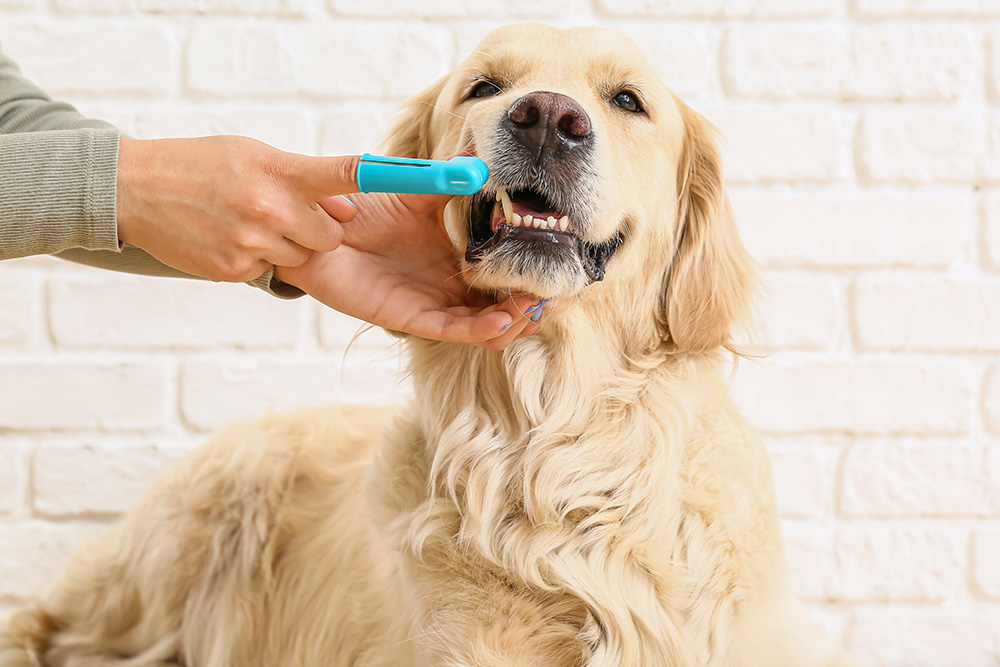
Dental health is often overlooked, but it’s crucial for your pet’s well-being. Poor dental hygiene can lead to tooth decay, gum disease, and other health issues.
- Brushing Teeth:
Regularly brush your pet’s teeth using pet-friendly toothpaste to prevent plaque buildup and maintain oral hygiene. - Dental Treats:
Provide dental chews or treats that help clean your pet’s teeth and freshen their breath. - Vet Checks:
Include dental checks during routine vet visits to catch potential issues early on.
7. Safe Environment:

Creating a safe environment for your pet is essential to prevent accidents and injuries. Your home should be a haven where your pet can explore without danger.
- Pet-Proofing Home:
Keep hazardous items like chemicals, sharp objects, and minor choking hazards out of reach. Ensure that your home is free of toxic plants and other potential dangers. - Safe Toys:
Choose appropriate toys for your pet’s size and strength. Avoid toys with small parts that could be swallowed or sharp edges that could cause injury. - Poisonous Plants:
Be aware of toxic plants to pets and ensure they are not within reach. Common poisonous plants include lilies, poinsettias, and certain types of ivy.
8. Mental Health:

Your pet’s mental health is just as important as their physical health. Providing a stress-free environment and regular attention helps prevent anxiety and behavioral problems.
- Reducing Stress:
Identify and minimize stressors in your pet’s environment, such as loud noises or sudden changes. Providing a calm, safe space where your pet can retreat helps them feel secure. - Regular Attention:
Spend quality time with your pet daily. Whether through play, cuddling or simply being in the same room, your presence is essential to their emotional well-being. - Calm Spaces:
Designate a quiet area where your pet can relax undisturbed. This is especially important during stressful events like thunderstorms or fireworks.
9. Proper Identification:

Proper identification is crucial for your pet’s safety, especially if they ever get lost. It ensures that your pet can be returned to you quickly and safely.
- Microchipping:
Microchipping is a reliable method of permanent identification. If your pet is lost, the chip can be scanned by vets or shelters to retrieve your contact information. - Collars with Tags:
Always have your pet wear a collar with an ID tag that includes your contact details. This is a simple yet effective way to ensure a quick reunion if your pet goes missing.
10. Emergency Preparedness:
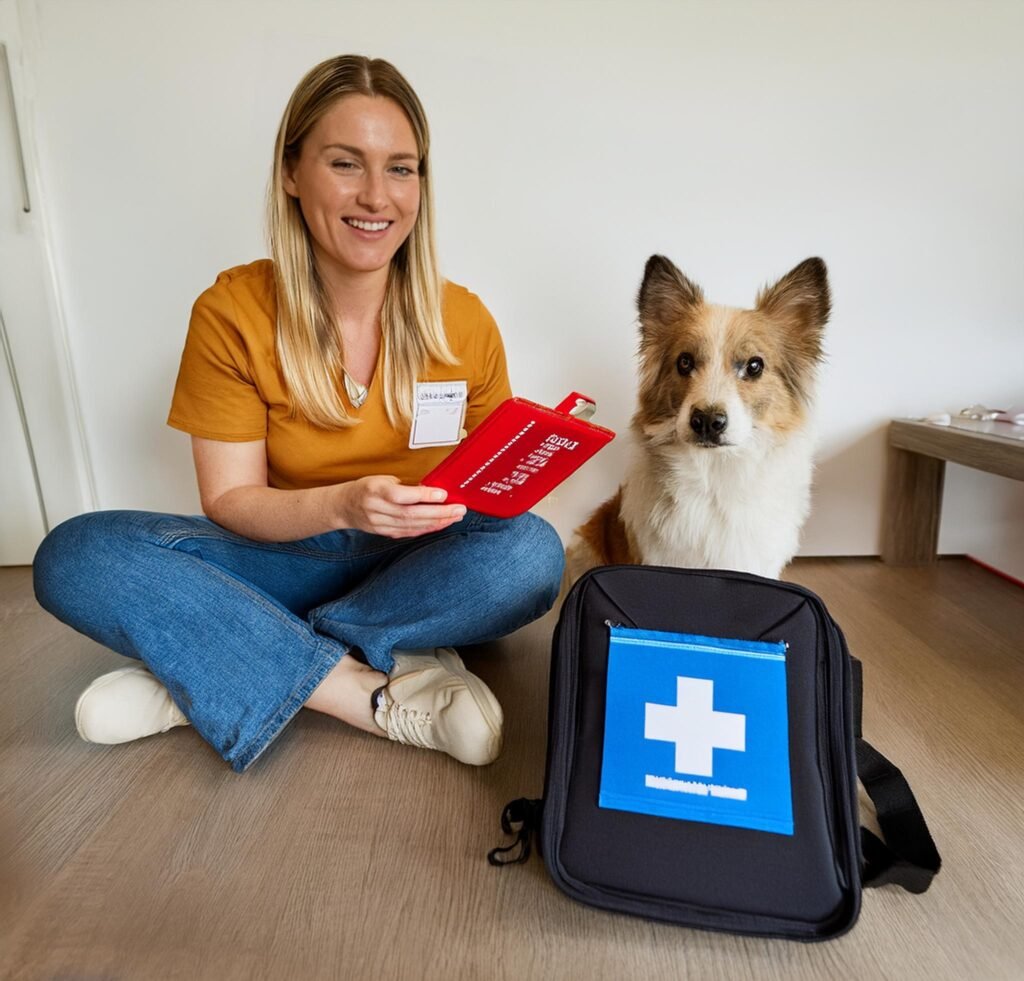
Being prepared for emergencies is a critical part of responsible pet ownership. Knowing how to respond to a crisis can save your pet’s life.
- First Aid Kit:
Keep a pet-specific kit at home and know how to use it. The kit should include bandages, antiseptics, and any necessary medications. - Emergency Contacts:
Have a list of emergency contacts, including your vet and an after-hours animal hospital, readily available. - Disaster Plan:
Create a disaster plan that includes your pet. Know the safest places in your home during natural disasters and have a plan for evacuating with your pet if necessary.
11. Love and Attention:

Finally, the most critical aspect of pet care is providing love and attention. Your pet depends on you for companionship and affection.
- Bonding Time:
Spend time bonding with your pet through activities you enjoy. Whether playing, walking, or relaxing together, it strengthens your relationship. - Positive Reinforcement:
Use positive reinforcement techniques like treats and praise to encourage good behavior. This helps your pet feel loved and secure.
Conclusion:
Caring for a pet is a lifelong commitment that requires time, effort, and love. Following these ten pet care tips ensures that your pet lives a happy, healthy, and fulfilling life. Remember, a well-cared-for pet is a happy pet, and the bond you share with them is one of life’s greatest joys.
FAQs
- How often should I take my pet to the vet?
Routine vet visits should be scheduled at least once a year for checkups. However, puppies, kittens, and older pets may require more frequent visits. - What’s the best way to prevent my pet from getting lost?
Microchipping and keeping your pet’s collar with an ID tag on are the best ways to ensure your pet can be returned to you if it gets lost. - How can I keep my pet’s teeth clean?
Brushing your pet’s teeth regularly and providing dental treats can help keep their teeth clean. Regular dental checkups at the vet are also important. - How much exercise does my pet need?
Exercise needs vary by species, age, and breed, but most pets require at least 30 minutes to 2 hours of physical activity daily. - What should I do if my pet is stressed or anxious?
Provide a calm environment, spend extra time comforting them, and consult your vet for advice on managing your pet’s stress or anxiety. - What should I include in a pet first aid kit?
A pet first aid kit should include bandages, antiseptic wipes, tweezers, gauze, a muzzle, scissors, and any medications your pet may need.

